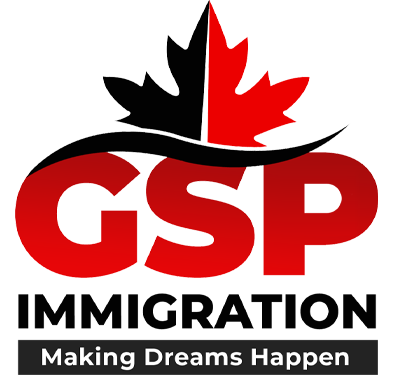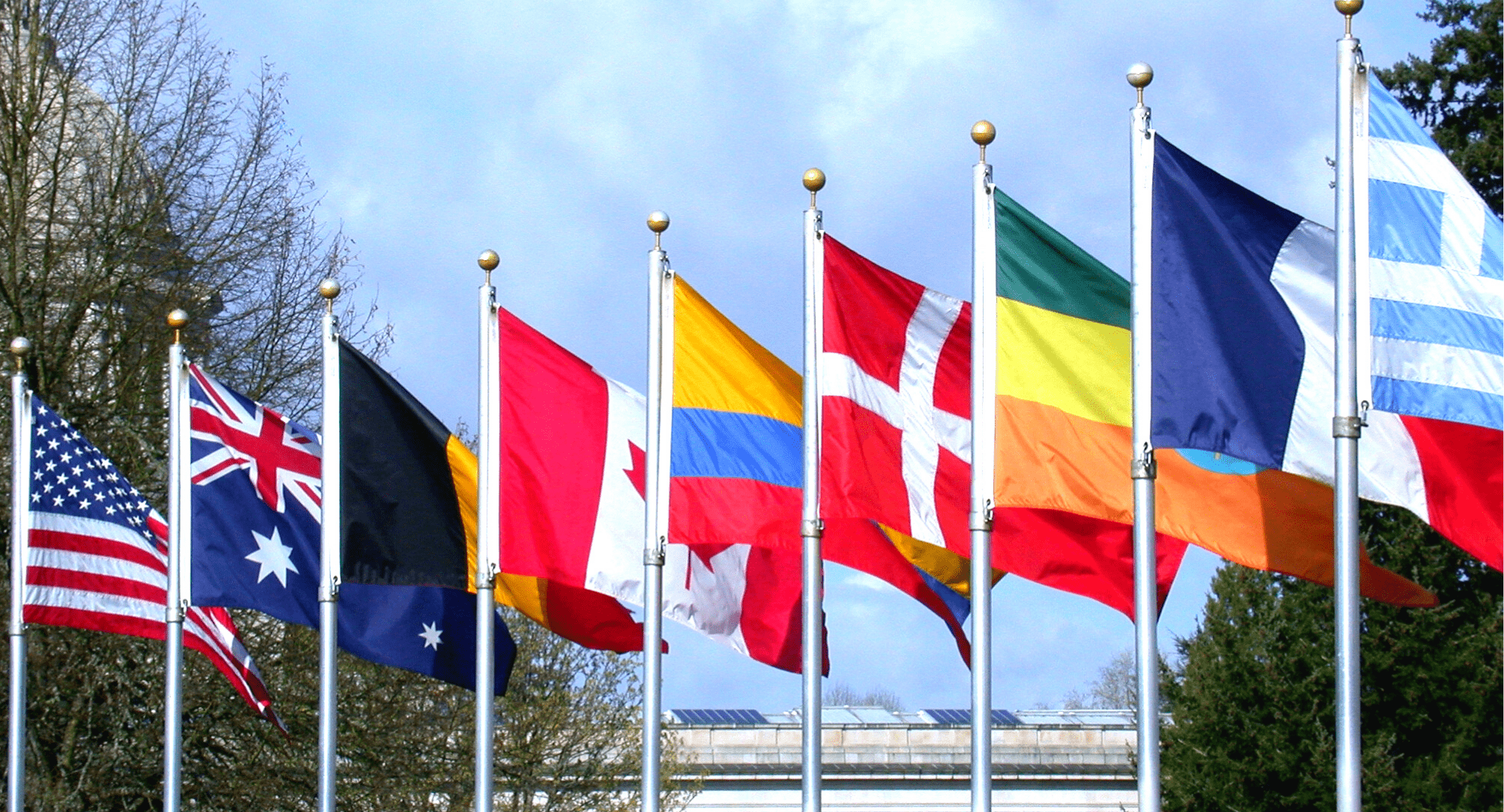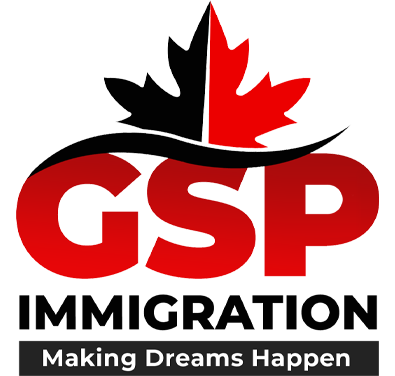| Profession |
Education/Credential Requirements |
| General |
| Accountant |
Baccalaureate or Licenciatura Degree or CPA, CA, CGA or CMA |
| Architect |
Baccalaureate or Licenciatura Degree or state/provincial licence |
| Computer Systems Analyst |
Baccalaureate or Licenciatura Degree or Post-Secondary Diploma or Post-Secondary Certificate, and three years’ experience |
| Disaster Relief Insurance Claims Adjuster |
Baccalaureate or Licenciatura Degree, and successful completion of training in the appropriate areas of insurance adjustment pertaining to disaster relief claims or three years experience in claims adjustment and successful completion of training in the appropriate areas of insurance adjustment pertaining to disaster relief claims |
| Economist |
Baccalaureate or Licenciatura Degree |
| Engineer |
Baccalaureate or Licenciatura Degree; or state/provincial licence |
| Forester |
Baccalaureate or Licenciatura Degree; or state/provincial licence |
| Graphic Designer |
Baccalaureate or Licenciatura Degree; or state/provincial licence |
| Hotel Manager |
Baccalaureate or Licenciatura Degree in hotel/restaurant management or Post-Secondary Diploma or Post-Secondary Certificate in hotel/restaurant management, and three years experience in hotel/restaurant management |
| Industrial Designer |
Baccalaureate or Licenciatura Degree or Post-Secondary Diploma or Post-Secondary Certificate, and three years experience |
| Interior Designer |
Baccalaureate or Licenciatura Degree or Post-Secondary Diploma or Post-Secondary Certificate, and three years experience |
| Land Surveyor |
Baccalaureate or Licenciatura Degree or state/provincial/ federal licence |
| Landscape Architect |
Baccalaureate or Licenciatura Degree |
| Lawyer (including Notary in the Province of Quebec) |
LLB, JD, LLL, BCL or Licenciatura Degree (five years) or membership in a state/provincial bar |
| Librarian |
MLS or BLS (for which another Baccalaureate or Licenciatura Degree was a prerequisite). A librarian must have either:
- A Master of Library Science degree; or
- A Bachelor of Library Science and another baccalaureate degree which was necessary to enter the BLS program
|
| Management Consultant |
Baccalaureate or Licenciatura Degree or equivalent professional experience as established by statement or professional credential attesting to five years experience as a management consultant, or five years experience in a field of specialty related to the consulting agreement |
| Mathematician (including statistician and Actuary) |
Baccalaureate or Licenciatura Degree |
| Range Manager/Range Conservationalist |
Baccalaureate or Licenciatura Degree |
| Research assistant (working in a post-secondary educational institution) |
Baccalaureate or Licenciatura Degree |
| Scientific Technician/ Technologist |
Possession of (a) theoretical knowledge of any of the following disciplines: agricultural sciences, astronomy, biology, chemistry, engineering, forestry, geology, geophysics, meteorology, or physics; and (b) the ability to solve practical problems in any of those disciplines, or the ability to apply principles of any of those disciplines to basic or applied research.
A business person in this category must be seeking temporary entry to work in direct support of professionals in agricultural sciences, astronomy, biology, chemistry, engineering, forestry, geology, geophysics, meteorology or physics |
| Social Worker |
Baccalaureate or Licenciatura Degree |
| Sylviculturist (including Forestry Specialist) |
Baccalaureate or Licenciatura Degree |
| Technical Publications Writer |
Baccalaureate or Licenciatura Degree or Post-Secondary Diploma or Post-Secondary Certificate, and three years experience |
| Urban Planner (including Geographer) |
Baccalaureate or Licenciatura Degree |
| Vocational Counsellor |
Baccalaureate or Licenciatura Deg |
| Medical/Allied Professional |
| Dentist |
DDS, DMD, Doctor en Odontologia or Doctor en Cirugia Dental or state/provincial license |
| Dietitian |
Baccalaureate or Licenciatura Degree or state/provincial license |
| Medical Laboratory Technologist (Canada)/ Medical Technologist (Mexico and the U.S.) |
Baccalaureate or Licenciatura Degree or Post-Secondary Diploma or Post-Secondary Certificate, and three years experience |
| Nutritionist |
Baccalaureate or Licenciatura Degree |
| Occupational Therapist |
Baccalaureate or Licenciatura Degree or state/provincial license |
| Pharmacist |
Baccalaureate or Licenciatura Degree or state/provincial license |
| Physician (teaching or research only) |
M.D. or Doctor en Medicina or state/provincial license |
| Physiotherapist/Physical Therapist |
Baccalaureate or Licenciatura Degree or state/provincial license |
| Psychologist |
State/provincial license or Licenciatura Degree |
| Recreational Therapist |
Baccalaureate or Licenciatura Degree |
| Registered Nurse |
State/provincial license or Licenciatura Degree |
| Veterinarian |
DVM, DMV or Doctor en Veterinaria or state/provincial license |
| Scientist |
| Agriculturist (including Agronomist) |
Baccalaureate or Licenciatura Degree |
| Animal Breeder |
Baccalaureate or Licenciatura Degree |
| Animal Scientist |
Baccalaureate or Licenciatura Degree |
| Apiculturist |
Baccalaureate or Licenciatura Degree |
| Astronomer |
Baccalaureate or Licenciatura Degree |
| Biochemist |
Baccalaureate or Licenciatura Degree |
| Biologist |
|
| (including Plant Pathologist) |
Baccalaureate or Licenciatura Degree |
| Chemist |
Baccalaureate or Licenciatura Degree |
| Dairy Scientist |
Baccalaureate or Licenciatura Degree |
| Entomologist |
Baccalaureate or Licenciatura Degree |
| Epidemiologist |
Baccalaureate or Licenciatura Degree |
| Geneticist |
Baccalaureate or Licenciatura Degree |
| Geologist |
Baccalaureate or Licenciatura Degree |
| Geochemist |
Baccalaureate or Licenciatura Degree |
| Geophysicist (including Oceanographer in Mexico and the U.S.) |
Baccalaureate or Licenciatura Degree |
| Horticulturist |
Baccalaureate or Licenciatura Degree |
| Meteorologist |
Baccalaureate or Licenciatura Degree |
| Pharmacologist |
Baccalaureate or Licenciatura Degree |
| Physicist (including Oceanographer in Canada) |
Baccalaureate or Licenciatura Degree |
| Plant Breeder |
Baccalaureate or Licenciatura Degree |
| Poultry Scientist |
Baccalaureate or Licenciatura Degree |
| Soil Scientist |
Baccalaureate or Licenciatura Degree |
| Zoologist |
Baccalaureate or Licenciatura Degree |
| Teacher |
| College |
Baccalaureate or Licenciatura Degree |
| Seminary |
Baccalaureate or Licenciatura Degree |
| University |
Baccalaureate or Licenciatura Degree |
 English
English Chinese (simplifed)
Chinese (simplifed) Hindi
Hindi French
French German
German Spanish
Spanish Portuguese
Portuguese Arabic
Arabic Japanese
Japanese Korean
Korean Thailand
Thailand Russian
Russian Bengali
Bengali Italian
Italian Dutch
Dutch Turkish
Turkish Urdu
Urdu Hausa
Hausa Persion
Persion




